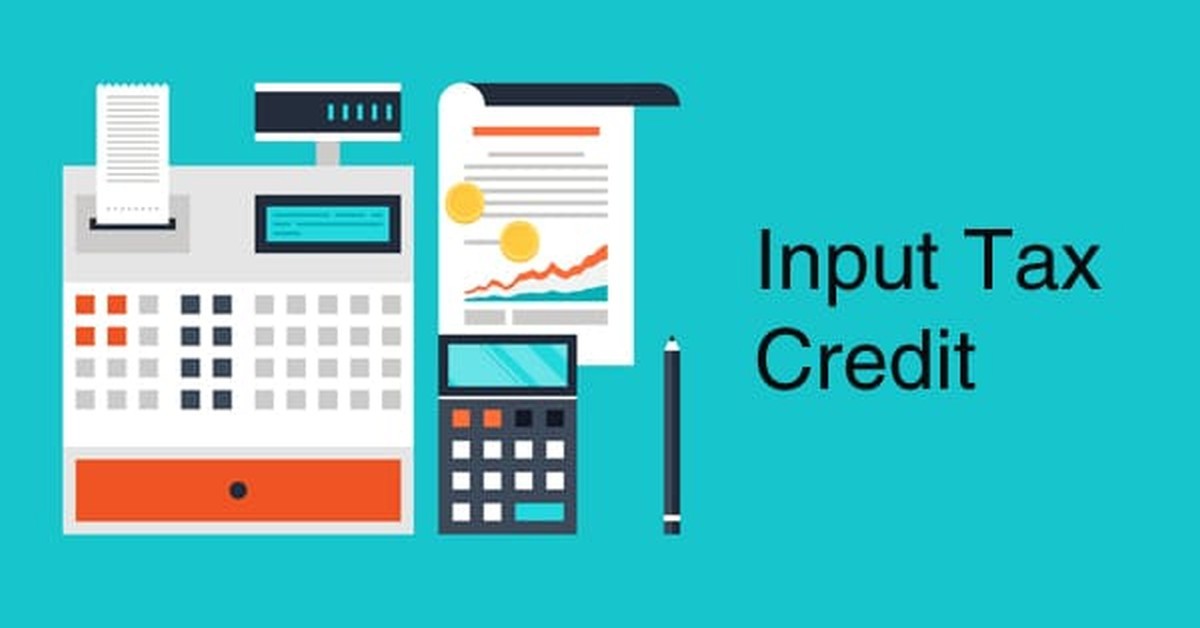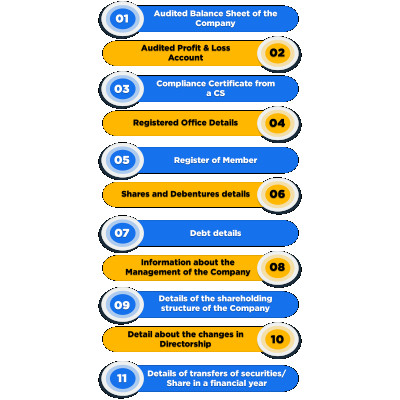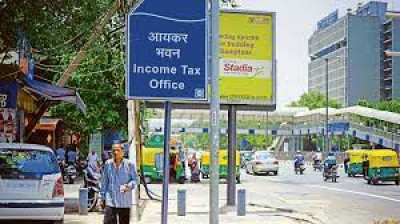FAQs on GST Input Tax Credit
Q.1: What's GST Input Tax Credit?
Ans. At the time of purchase of any goods or services you're required to pay GST. you'll be able to offset this GST against any GST payable by you on sale of products or Services. Such an offsetting of GST paid on inputs is known as Input tax credit.
Q.2: Who can avail GST Input Tax Credit?
Ans. GST Input tax credit may be availed by a registered GST Full Dealer (GST Input tax credit isn't allowed to composition dealer)
Q.3: A way to Avail the Input tax credit via Different Routes?
Payment towards IGST liability: Input Tax Credit available in the form of SGST/UTGST, CGST and IGST.
Payment towards CGST liability: Input Tax Credit available in the form of CGST and IGST.
Payment towards SGST liability: Input Tax Credit available in the form of SGST/UTGST and IGST.
However, as per the latest notification issued by the CBIDT, government has undertaken modification in the rules of ITC offsetting, under which the Input Tax Credit for IGST be initially be used for paying the IGST liability completely and then for CGST & SGST liability i.e.
Payment towards IGST liability: Input Tax Credit available in the form of IGST, CGST and SGST/UTGST.
Payment towards CGST liability: Input Tax Credit available in the form of CGST and IGST.
Payment towards SGST liability: Input Tax Credit available in the form of SGST/UTGST and IGST.
Q.4: What are the Conditions to avail GST Input Tax Credit?
Ans. The following conditions must be fulfilled to require input tax credit:
One must be in receipt of the tax invoice or debit note, being issued by the registered supplier.
One should have received Good or Services
The Tax should even have been received by the govt. either in variety of payment or in kind of adjustment of tax credit
One should have filed GST Return
The Goods or Services should be used for the aim of business
Q.5: What's fundamental measure to assert GST Credit?
Ans. All GST Input tax credit for any year i.e., for year ended on 31st March need to be claimed before date of filing of return for the month of September or filing of Annual Return whichever is earlier.
Q.6: During which case Goods or Services on which GST Input tax credit isn't available?
Ans. GST Input tax credit isn't allowed on the following:
• ITC in case the dealer supplies fully or partially exempted goods or services.
• Motor Vehicles except when its used for transportation business or within the business of selling of such motorized vehicles or training of such motorcars
• Food & beverages
• Outdoor catering
• Beauty treatment
• Health services
• Cosmetic & cosmetic surgery
• Payment towards membership of club, health or fitness centre
• Rent a cab, insurance and fitness centre (except where they're obligatory under any law)
• Travel benefit provided to employees in the form of Leave travel allowance.
• Work contract services for construction of property
• Tax paid to composition dealer
• GST paid on the taxes payable by the Non-resident taxable person, excluding the GST paid on goods imported.
• Goods and/or services used for private consumption
• Goods lost, stolen, destroyed, written off in the form of gift or free samples.
In the above, in most cases if such goods and/or services are accustomed provide taxable services, GST Input tax credit is allowed.
Q.7: If Input Tax Credit will be availed for the health and life insurance of employees?
Ans. Yes, ITC are often availed on rent a cab, life assurance, insurance. It shall be noted, that the govt. has notified that such services would be compulsorily be undertaken on the part of employer under any law.
Q.8: Can someone who has taken GST registration voluntarily claim Input Tax Credit on inputs in stock?
Ans. Yes, according to the provisions of section 18(2), a person undertaking voluntary registration under GST registration, is liable to claim ITC on inputs, being available to him, as on the day immediately preceding the date of grant of registration.
Q.9: I would like to grasp if the principal can avail Input Tax Credit on inputs sent to the duty worker?
Ans. Yes, as per section 20(1) the principal can avail Input Tax Credit on inputs sent to employment worker for job work.
Q.10: I need to grasp if the principal has to reverse the Input Tax Credit on inputs if they're not received back from the task worker within one year?
Ans. Yes, just in case if the job worker doesn't give back the inputs within the prescribed time limit, the principal must reverse the credit together with interest on inputs. Thus, the said person is eligible to claim ITC in respect of such supplies.
Q.11: Can we include zero-rated supplies at the time of computation of taxable supplies for the aim of availing Input Tax Credit ?
Ans. Yes, Zero-rated supplies at the time of computation of taxable supplies for the aim of availing Input tax credit.
Q.12: What happens if the main points of purchases declared by the recipient don't match the acquisition details declared by the supplier in their tax return?
Ans. Initially, both parties are notified regarding the mismatch. If the mismatch isn't rectified, the quantity is added to the recipient’s output liability within the following month. as an example, if the mismatch was communicated in August, the quantity is added in September.
Q.13: Can Input Tax Credit be claimed only after matching?
Ans. No, ITC is allowed provisionally for two months. The supplier and also the recipient are going to be notified about any existing discrepancy. If the mismatch isn't rectified, the ITC are reversed automatically.
Q.14: Can provisionally permitted Input Tax Credit be used for payment of all liabilities?
Ans. No, the Input Tax Credit available on provisional basis shall be utilized only for the payment of self-assessed output tax liability within the ambit of legal document.
Q.14: How to reply to GST Notices and what is implications of not responding ?
Ans. Any response to a GST notification can be sent using the GST portal. A taxpayer can utilise the digital signature or e-signature of the taxpayer's authorised personnel or his own. Where payment of tax and interest is due, do so in the appropriate form and manner.
After such payment, the required reply letter in form must be submitted before the GST tax authority who issued the notice. If the taxpayer who receives the GST notices does not respond within the time period, he will be subject to penalties and subsequent processes as required by the GST law in each case.
A taxpayer can appoint another representative or a chartered accountant to review GST notices on his or her behalf. He can do so by issuing a GST Letter of Authorization. A GST authorisation letter grants the authority to respond to GST letters on behalf of another representative and to take action on his behalf.






